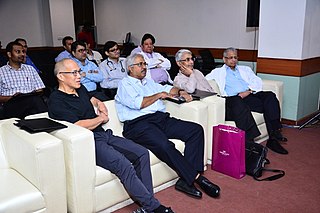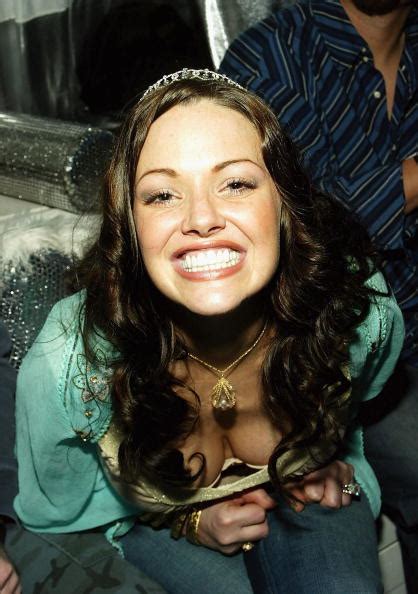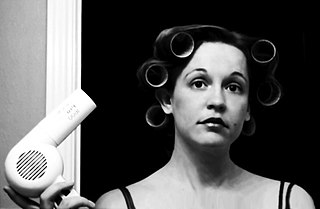A Quote by Greg Rutherford
To put up with me, you have to be patient.
Quote Topics
Related Quotes
It's been the greatest gift that I've been given. Because no matter how much my parents have asked me to be more patient, no matter much my husband has asked me to be more patient, none of it mattered until I had a kid. And then all of sudden I was like, "Oh. I have to be more patient." They were all like, "Yeah! We've been telling you that for twenty years!" And I find it to be a gift. Every day I'm more patient.






































